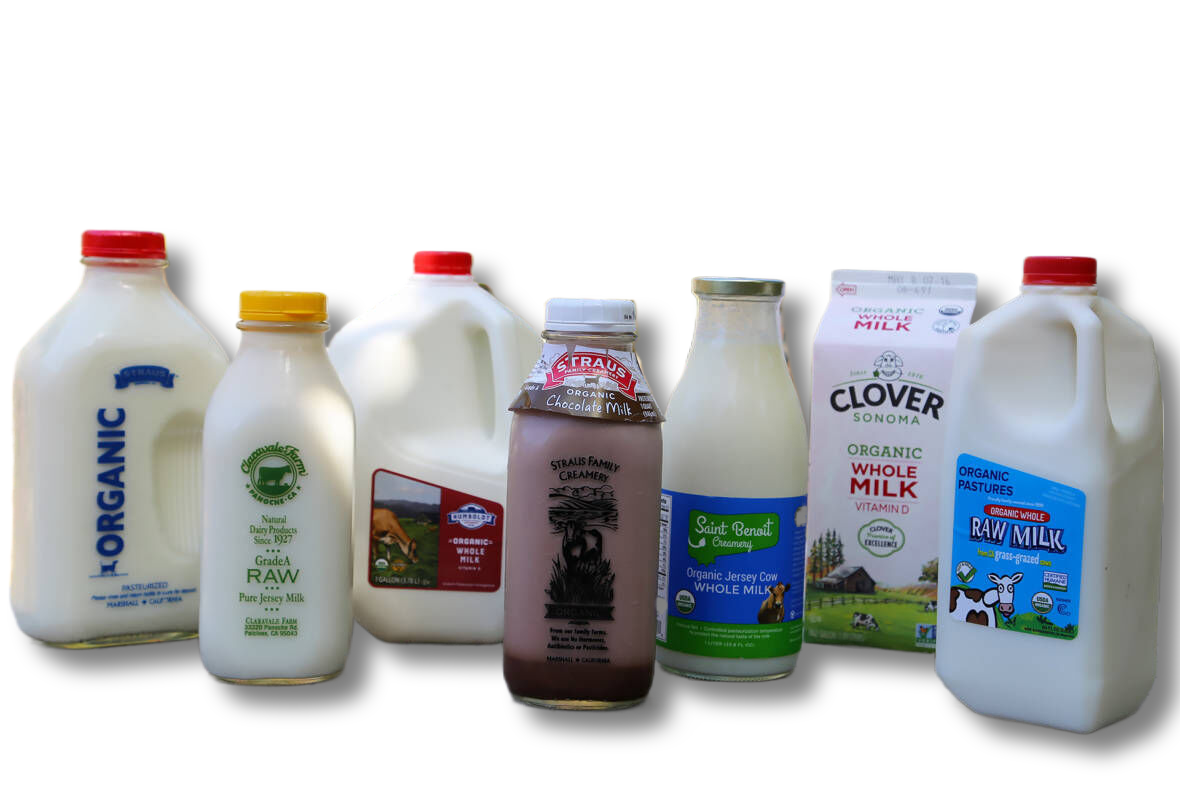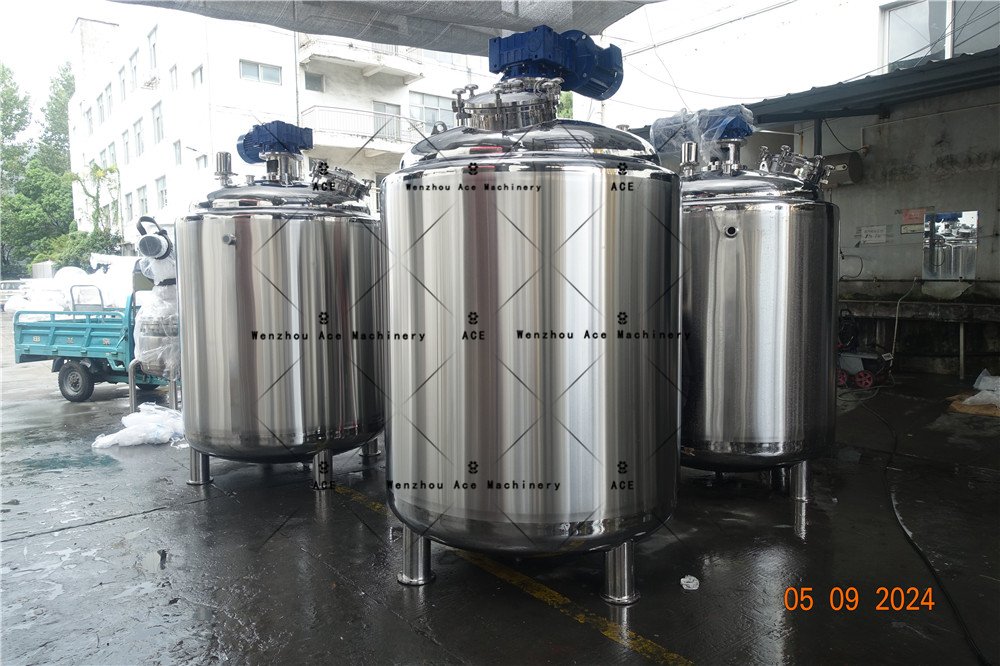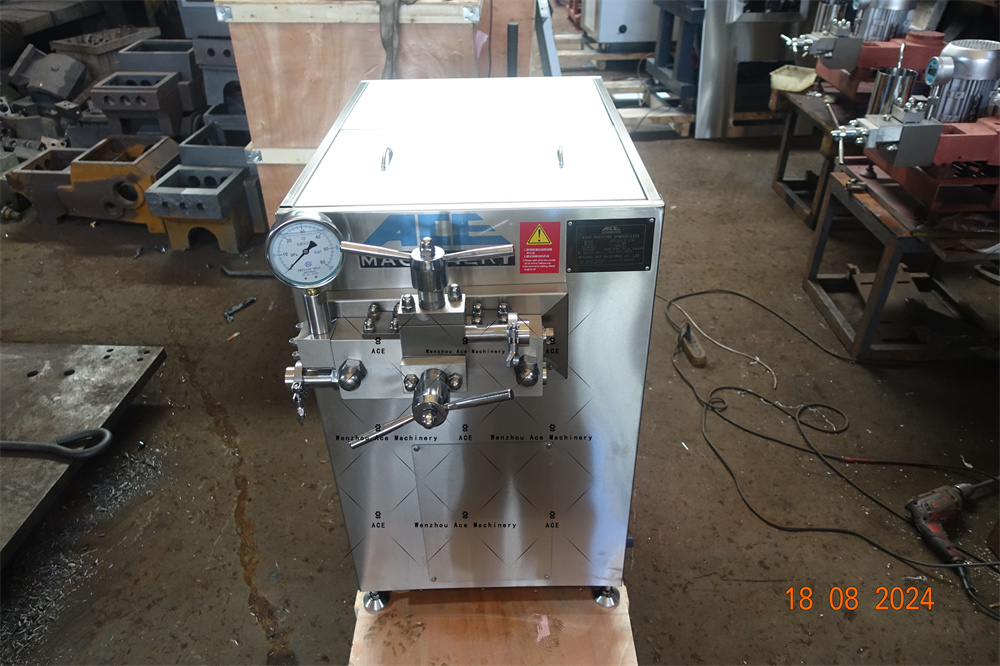In our daily lives, we often hear about pasteurized milk. Many businesses use pasteurized milk as a selling point, and there are even instances of regular milk being sold as pasteurized milk. More commonly, regular milk that does not require refrigeration is placed in coolers to imply to consumers that it is pasteurized milk that needs to be refrigerated. So, what is pasteurized milk? What advantages does pasteurized milk have compared to regular milk? How can we identify pasteurized milk in our daily lives?

What is Pasteurized Milk?
In 1864, French biologist Louis Pasteur invented a method of sterilization that involves briefly heating a liquid to 60-90°C to kill microorganisms, thus preserving the liquid. Pasteurized milk is produced by heating milk to 72-75°C for 15–30 seconds, and then quickly cooling it to 4-5°C.
In contrast to pasteurized milk, ultra-high temperature (UHT) milk is more commonly used. UHT milk is sterilized by heating it to 135-150°C for 2–3 seconds.
Advantages and Disadvantages of Pasteurized Milk Compared to Regular Milk
Pasteurized milk retains the original flavor, taste, and nutritional content of milk because it is not boiled. However, since it is not boiled, not all microorganisms in the milk are eliminated; the temperature is just enough to kill bacteria harmful to humans. As some bacteria can still survive, pasteurized milk can spoil within a day or two at room temperature and thus needs to be refrigerated. (Unopened pasteurized milk can be stored at 6-7°C for 6-10 days.)
UHT milk can kill all microorganisms in the milk and can be stored at room temperature, offering a long shelf life and low cost. However, this method results in a significant loss of nutritional elements and greatly affects the taste of the milk.
How to Identify Pasteurized Milk?
As mentioned earlier, pasteurized milk needs to be refrigerated. Its packaging generally indicates “pasteurized” or “fresh milk,” and it has a shelf life of fewer than 10 days. Due to transportation and other requirements, pasteurized milk is usually produced by local brands. When purchasing, it is important to be aware that many businesses place UHT milk, which only requires room temperature storage, in coolers to suggest to consumers that it is pasteurized milk that needs refrigeration.






